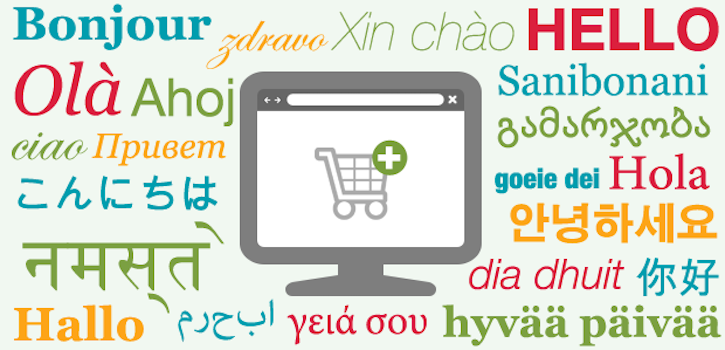M-Commerce Champions Around the World

Smartphone use has considerably increased in the last few years: there are currently 2 billion users around the world and by 2020, 90% of the population will fit into this category.
Read moreHow to Choose a Translator: Part 2

Yesterday, we looked at the different types translation options for common projects like documents and web content. Today, we’re going to look at the solutions for translating complex documents like legal contracts or technical user manuals. We’ll also address an often-overlooked field: marketing translation.
Read moreHow to Choose a Translator: Part 1

Translation is a lot like choosing what to wear on a trip: there’s no one-size-fits-all option that will work in all situations. Sure, there are some basic items that you need to pack, like clothing, but even that depends on a variety of factors. The same goes for translation projects; there are a lot of elements that you need to consider before starting your project. You need to look at the type of documents or web content you need to translate, the complexity, the volume and your own budget and timeline.
Read more5 Detailed Steps for Translating Product Descriptions

We’ve talked about how important it is to have a multilingual store if you want to reach a wider customer base, both at home and abroad. Today, we’re going to take a closer look at how to translate product descriptions.
Read more10 Mistakes to Avoid When Translating your Online Store

Your online store is booming and it’s time to get more customers abroad. Whether you’re selling vintage t-shirts or garden gnomes, you know that it’s time to translate your ecommerce site.
Read more


